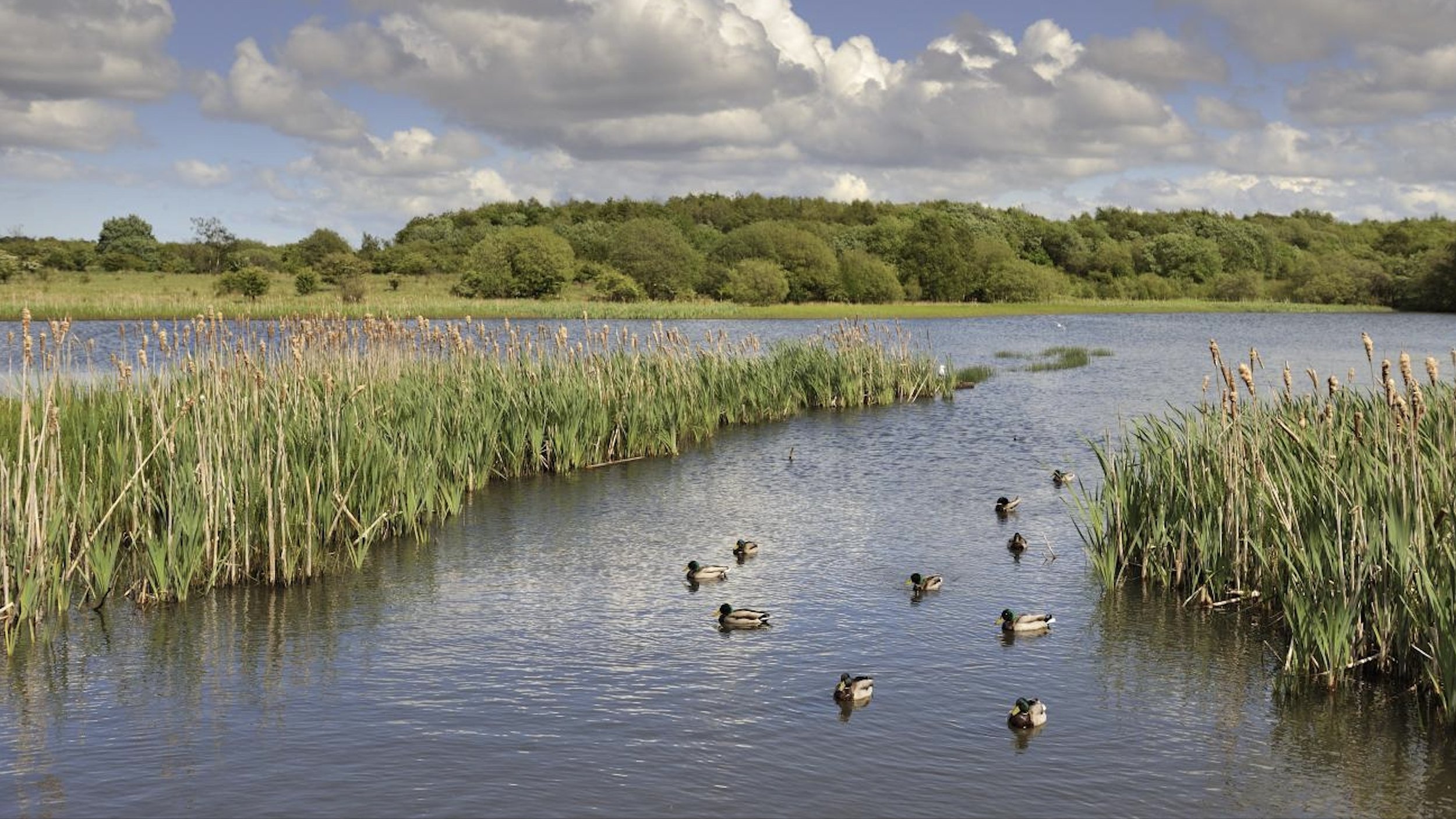
Rights of Nature
“Rights of Nature" is a legal and ethical concept that grants ecosystems and natural entities, such as rivers and forests, inherent rights and legal personhood. This approach shifts the focus from nature as a human-owned commodity to a system that values and protects nature for its own intrinsic worth, and is often seen as a response to environmental crises like climate change and biodiversity loss. Key examples include the recognition of the Whanganui River in New Zealand and the Mar Menor lagoon in Spain as legal entities.
Key principles
Intrinsic rights:
The core idea is that nature has a right to exist, thrive, and regenerate its vital cycles, independent of its usefulness to humans.
Legal personhood:
It seeks to recognize natural entities as legal persons, allowing them to be represented in legal proceedings to defend their own rights.
Shift from anthropocentrism:
The concept challenges the human-centric view of law that treats nature primarily as property or a resource for human benefit.
Interconnection:
It emphasizes the deep interconnection between human and natural worlds, and proposes that protecting nature is essential for human well-being and justice.
Examples in practice
Whanganui River, New Zealand:
In 2017, the river was declared a legal entity with its own rights, represented by a joint group of Māori and government officials.
Mar Menor lagoon, Spain:
In 2022, the Spanish constitutional court confirmed it as a legal person, enabling legal action to be taken to protect it.
Río Atrato, Colombia:
The river was recognized as a legal entity with rights to protection, reparation, and conservation.
Panama has a national law that gives nature rights and allows citizens to defend them in court, including actions against destructive mining projects.
Global movement and advocacy
Indigenous leadership:
The roots of recognizing nature's inherent rights can be traced back to the spiritual and cultural beliefs of many Indigenous communities, who view nature as an integral part of their way of life.
Global Alliance for the Rights of Nature (GARN):
This is a global network of organizations and individuals working to recognize and implement legal systems that uphold the rights of nature.
Recent initiatives:
There are ongoing efforts in many parts of the world to pass similar laws or use legal systems to advocate for specific natural areas, such as the Frome and Dart rivers in the UK.